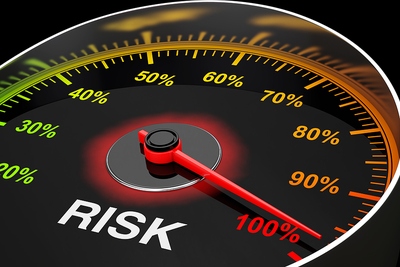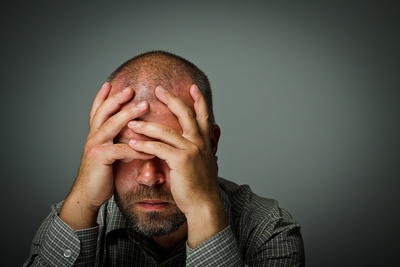There’s a white paper on the gambling industry due out soon, and its’ purpose is to update the 2005 Gambling Act to make it more fit for the modern day industry, as well as to strike a balance between better protecting the vulnerable and over regulating an already tightly governed industry.
The Betting and Gaming Council (BGC) and others have been vocally urging the government not to act too harshly ever since the gambling review was announced, with their key message being that changes should be evidence led.
The fear here is that over regulation would push punters towards the black market, a claim that gambling activists don’t feel holds much water.
Regulation has been getting tighter and tighter in this country, and while many of the changes are definitely good news (such as banning gambling on credit) not everyone is quite so happy with measures they feel are an invasion of privacy.
A report from PriceaterhouseCoopers (PWC) on behalf of the BGC had some pretty damning evidence that is pretty hard to argue with.
Punters Heading to the Black Market
 The PWC report found that the use of black market gambling sites had doubled over two years, from approximately 220,000 to 460,000.
The PWC report found that the use of black market gambling sites had doubled over two years, from approximately 220,000 to 460,000.
That means billions of pounds flooding into black market online bookmakers and casinos.
This in the same two years that further restrictions and regulations have been imposed on regulated gambling sites.
It’s pretty glaring evidence that the BGC were right to be concerned, but at the same time, we do need to do everything we can to ensure vulnerable people are helped and stopped from causing themselves gambling harm.
Problem gambling has also dropped from 0.6% to 0.3% in a similar time period, which is excellent news and we wouldn’t want to do anything to hamper that progress.
Of course, if those people have simply jumped across to unlicensed sites where they can’t be monitored then the problem is only being solved on a spreadsheet, and not in real life.
This is a situation that requires clarity and well researched evidence, not well meaning but ultimately ineffective knee jerk reactions.
Evidence from Abroad
 The report also looked at black market gambling in other countries, and found that:
The report also looked at black market gambling in other countries, and found that:
“jurisdictions with a higher unlicensed market share tend to exhibit one or more restrictive regulatory or licensing characteristics.”
Taking France as an example, where online casino games a re a state monopoly, 57% of all money gambled is thought to be spent in the black market, which is a huge amount.
In Norway where restrictions are even tighter, and that number is 66%. Norway has a state monopoly on all online gaming and there are restrictions on stakes, affordability checks, and advertising.
Clearly, Norwegians aren’t happy with the way the industry is run over there so are taking their business elsewhere. This is no good for them, and no good for Norway.
The only people winning here are those running black market sites. The crooks.
Michael Dugher, ex Labour MP and CEO of the BGC said:
“This research is stark about the dangers of the black market, we have to learn lessons from abroad, and make the right choice at this dangerous crossroads. BGC members alone employ nearly 120,000 people and pay £4.5 billion in tax in the UK. The black market, of course, pays no tax and employs no one in our country.”
We certainly don’t want to end up like Norway or France.
What is a Black Market Gambling Site?
 It’s a site that accepts deposits from UK customers without being licensed by the UKGC.
It’s a site that accepts deposits from UK customers without being licensed by the UKGC.
This means it is unregulated and therefore unlikely to be operating under the same rules as regulated sites, so customers have little if any protection when things go wrong.
These sites are always based in other countries where the UK has no jurisdiction, so we can’t get them closed down, but we can encourage people away from them by keeping regulated sites accessible, fun, and not too draconian in how they are run.
A bettor at an unregulated black market bookmaker could, in theory, place a winning bet that the company refuse to pay out. The reason they choose doesn’t really matter, because there is very little consequence for the company in treating UK based punters in this way.
In short, it’s the Wild West out there.
People are attracted to them though because they are easier to gain access too, with all of the sensible stuff like ID checks, source of funds, and social responsibility measures done at the company’s discretion.
This means checks are often not done at all, leaving the customer vulnerable to abuse and mistreatment, and possibly massively out of pocket.

